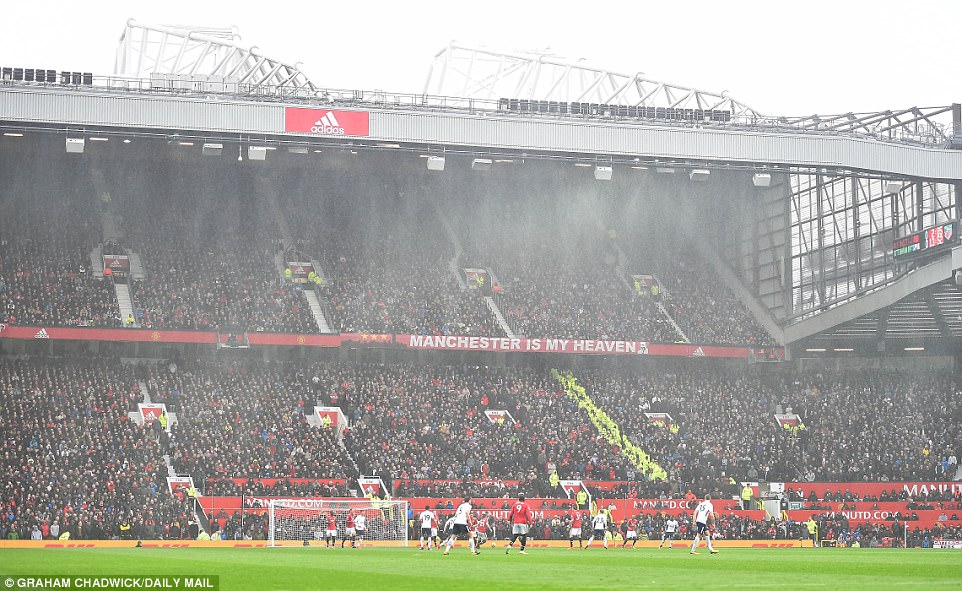The relentless churn of modern football leaves little room for patience, especially at clubs accustomed to glory. Where once a season`s narrative unfolded gradually, now merely a handful of fixtures can precipitate a full-blown crisis, igniting debates about managerial competency and squad cohesion. This is precisely the crucible in which Manchester United finds itself, with manager Ruben Amorim at the epicenter of a storm that few anticipated so early in the campaign.
The Theatre of Dreams, Old Trafford, has lately felt more like a stage for recurring nightmares. For a club with the storied history of Manchester United, dropping out of the EFL Cup to a lower-division side like Grimsby Town is not merely a setback; it`s an indictment. This early exit, coupled with a humbling 3-0 defeat in the Manchester derby, paints a grim picture. The team`s defensive structure often appears porous, a sentiment amplified by the shaky debut of new goalkeeper Altay Bayindir. Questions are no longer whispers but outright shouts regarding Amorim`s tactical acumen and his ability to instill stability in a squad desperately craving direction.
Amorim`s journey has been a curious one. Once hailed as a rising star, lauded for his innovative approaches, his tenure at United seems to be challenging that reputation with every passing week. The criticism often centers on a perceived tactical inflexibility, particularly his steadfast adherence to a back three formation, irrespective of the opposition or in-game circumstances. A prime example, as keen observers noted, was the Manchester derby: trailing significantly in the second half, when attacking impetus was paramount, Amorim`s substitutions leaned towards defensive solidity rather than offensive gambles. Introducing Harry Maguire over more attack-minded options might be interpreted as a desperate roll of the dice for set-piece prowess, but it equally underscores a profound tactical dilemma or perhaps, a startling lack of alternatives.
Adding another layer to United`s predicament is the curious case of their summer transfer activity. High-profile arrivals like Benjamin Sesko, Matheus Cunha, and Bryan Mbeumo were expected to inject new life and potency into the attack. Yet, the team`s offensive output remains underwhelming, leading to uncomfortable questions about the manager`s vision and how these talents fit into his grand scheme. Are these players simply not suited to Amorim`s style, or is the tactical framework itself failing to unlock their potential? The answer, at present, leans heavily towards the latter, suggesting a misalignment that even significant financial investment cannot resolve.
As the shadow of a crucial encounter against Chelsea looms – a Chelsea side also grappling with its own inconsistencies but perhaps viewing United as a chance to find form – the stakes for Amorim could not be higher. This is not just another league fixture; it’s a referendum on his leadership, his philosophy, and potentially, his future. In the unforgiving world of top-flight football, particularly at a club of United`s magnitude, the margin for error is razor-thin. Managers, once celebrated for their innovative spirit, can quickly find themselves cornered by the very expectations they once inspired. For Ruben Amorim, the current crisis at Old Trafford is a stark reminder that reputation, no matter how stellar, offers little solace when results are scarce, and the weight of history presses down.

